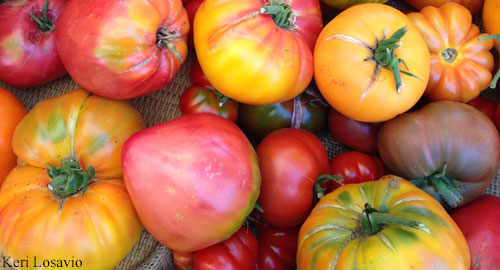 Many rheumatic conditions cause inflammation, such as rheumatoid arthritis (RA), gout, lupus, bursitis and scleroderma. “Being overweight or obese can worsen these conditions, as individuals who are overweight have higher amounts of inflammation because adipose tissue is inflammatory,” says Kim Larson, RDN, CHC, media spokesperson for the Academy of Nutrition and Dietetics, and a registered dietitian nutritionist and certified health coach, Nutrition & Health Coaching Business Total, Seattle. “So it’s important that these patients lose weight.” Here, two nutritionists provide insight into weight loss methods that they have had success with in this patient population.
Many rheumatic conditions cause inflammation, such as rheumatoid arthritis (RA), gout, lupus, bursitis and scleroderma. “Being overweight or obese can worsen these conditions, as individuals who are overweight have higher amounts of inflammation because adipose tissue is inflammatory,” says Kim Larson, RDN, CHC, media spokesperson for the Academy of Nutrition and Dietetics, and a registered dietitian nutritionist and certified health coach, Nutrition & Health Coaching Business Total, Seattle. “So it’s important that these patients lose weight.” Here, two nutritionists provide insight into weight loss methods that they have had success with in this patient population.
Strategy No. 1: Mediterranean Eating Pattern
Patients can reduce inflammation by eating whole grains; cold deep water fish and other seafood that supply omega-3 fatty acids; and extra virgin olive oil, which contains polyphenols and oleocanthal, both of which reduce inflammation.1
“This nutrient-rich diet also requires eating a lot of vegetables, which are high in water and fiber and low in calories, providing fullness and satisfaction,” says Ms. Larson. Vegetables, particularly ones that are bright-colored, such as tomatoes, carrots and dark, leafy greens, are high in phytochemicals and can lower inflammation and limit cell damage.
“[According to my clients] who follow this diet, [they] seem to have better appetite control and enjoy the wonderful variety of whole, fresh foods allowed,” Ms. Larson says. “Part of that is due to the higher healthy fat content from nuts, fish, extra virgin olive oil, avocados and seeds.”
Because this diet is not restrictive, patients don’t feel deprived. “I’ve actually had them say to me, ‘This doesn’t even feel like a diet,’” Ms. Larson says. “[Patients] enjoy this slower weight-loss approach and feel more in control and confident in their eating habits. The diet leaves little room for highly processed and refined foods, which can be pro-inflammatory.”
Strategy No. 2: Plant-Centered Eating
Some patients with arthritis conditions report that eating red meat may trigger pain and swelling for them. Although not all people react to meat as a trigger for pain, those who do may get relief by limiting fatty meats. “A plant-centered diet that uses lean meat in small amounts lowers intake of saturated fats,” Ms. Larson says. “Whole grains provide more fiber to stabilize blood sugars and maintain energy levels—both of which promote weight loss.”2
For this diet, Ms. Larson emphasizes eating vegetables and fruits, which are rich in phytochemicals and also fight inflammation. Encouraging soy foods (e.g., tofu, tempeh, edamame) provides isoflavones (a type of flavonoid), which also protects against inflammation.


